NEJM Study Confirms Low-Dose Aspirin Halves Recurrence in Colorectal Cancer

A large clinical trial from Karolinska Institutet shows that daily low-dose aspirin (160 mg) can cut colorectal cancer recurrence risk by more than half in patients with PI3K pathway mutations. Among 3,500 patients, those with PIK3CA+ had recurrence rates of 7.7% on aspirin versus 14.1% on placebo, highlighting aspirin’s potential as a low-cost precision oncology therapy.
Aspirin Enters the Precision Medicine Era
For decades, aspirin has been celebrated as a cardiovascular safeguard and a staple of household medicine cabinets. Now, this inexpensive drug is showing unexpected promise in oncology. In a large randomized trial led by researchers at Karolinska Institutet suggests that low-dose aspirin can halve the risk of recurrence after surgery in patients with colon and rectal cancer.
The results, published in The New England Journal of Medicine, may reshape global treatment guidelines and mark one of the first examples of an over-the-counter drug being repurposed as a targeted cancer therapy.
Epidemiological research had long hinted that aspirin might reduce cancer risk. Observational studies suggested benefits were particularly evident in patients with tumors carrying mutations in the PI3K signaling pathway—a network regulating cell growth and division. Yet definitive proof was lacking, and randomized trials had never confirmed the link.
Inside the ALASCCA Trial
The ALASCCA trial (Aspirin for Locally Advanced Stage Colorectal Cancer), designed to close that evidence gap, now provides the most robust data to date. The study enrolled more than 3,500 patients with stage I–III rectal cancer or stage II–III colon cancer across 33 hospitals in Sweden, Norway, Denmark, and Finland. Tumor tissue was sequenced to identify somatic alterations in PI3K pathway genes—mutations present in roughly 40 percent of patients. Eligible participants were randomized to receive 160 mg of aspirin daily or a matched placebo for three years following surgery.
Striking Reductions in Recurrence
The findings were compelling. In Group A, the estimated three-year cumulative incidence of recurrence was 7.7 percent with aspirin, compared with 14.1 percent with placebo. That translated to a hazard ratio of 0.49 (95% CI, 0.24–0.98; P = 0.04)—a 51 percent risk reduction. Group B showed similar benefits: recurrence occurred in 7.7 percent of aspirin recipients versus 16.8 percent of those on placebo, corresponding to a hazard ratio of 0.42 (95% CI, 0.21–0.83). Across both groups, disease-free survival improved meaningfully. For Group B, the advantage reached statistical significance (HR, 0.51; 95% CI, 0.29–0.88).
“Aspirin is being tested here in a completely new context as a precision medicine treatment. This is a clear example of how we can use genetic information to personalize treatment and at the same time save both resources and suffering,” says first author Anna Martling, professor at Karolinska Institutet.
How Aspirin Works in Tumor Biology
Why would aspirin—a drug better known for pain relief and heart attack prevention—disrupt colorectal cancer recurrence? The researchers propose a multifactorial mechanism. Aspirin reduces inflammation, inhibits platelet function, and may directly suppress tumor growth. Together, these actions make the tumor microenvironment less hospitable to malignant spread. While the molecular links are not fully mapped, the consistency across different PI3K pathway alterations strengthens the biological rationale.
Safety and Global Relevance
As with any long-term therapy, safety was closely monitored. Severe adverse events occurred in 16.8 percent of aspirin recipients versus 11.6 percent of those on placebo—a manageable increase considering the magnitude of benefit. Equally important is accessibility. Unlike novel targeted therapies, aspirin is widely available, inexpensive, and familiar to both patients and clinicians. If adopted into guidelines, the approach could have sweeping implications, particularly in low- and middle-income countries where access to advanced therapies is limited.
The ALASCCA trial represents more than a promising therapeutic advance—it illustrates a new paradigm in oncology. Repurposing a century-old drug within a genetically defined patient subgroup underscores the growing power of precision medicine, not just to deliver expensive innovations, but also to reinvent the ordinary.





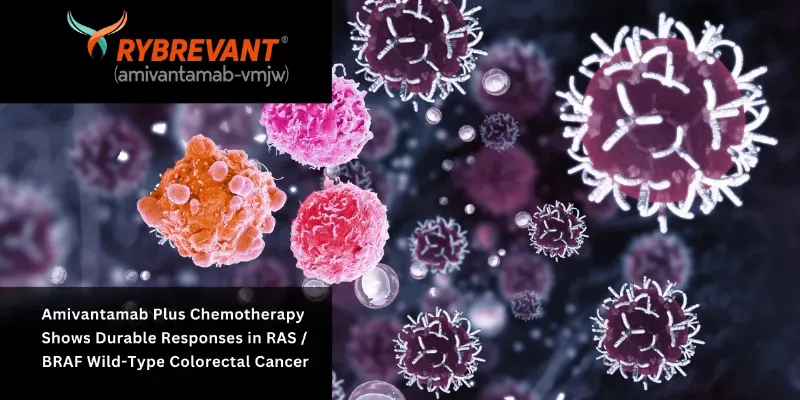
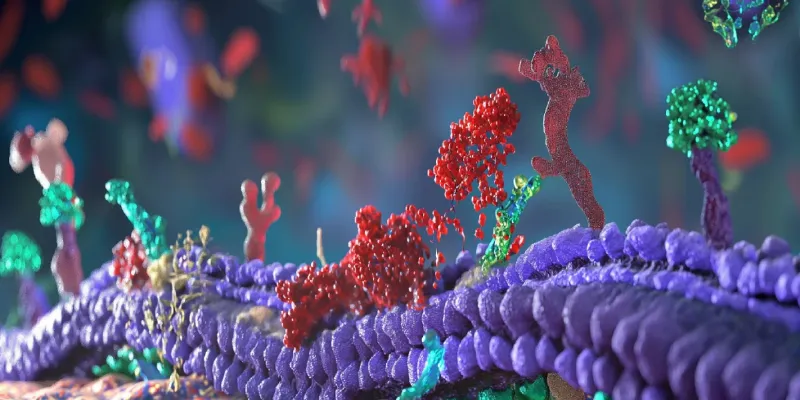
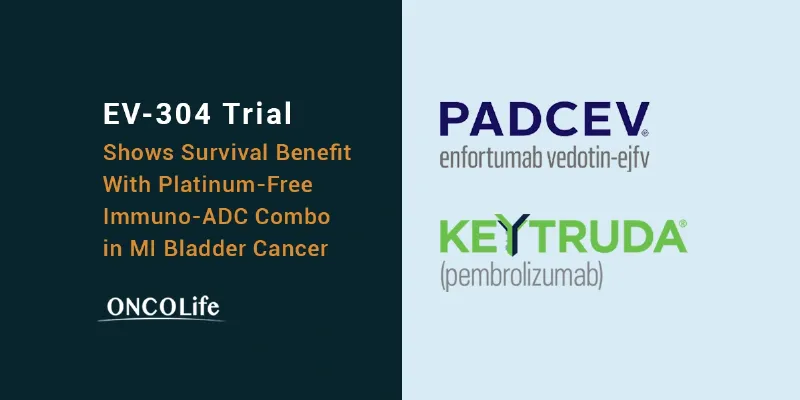
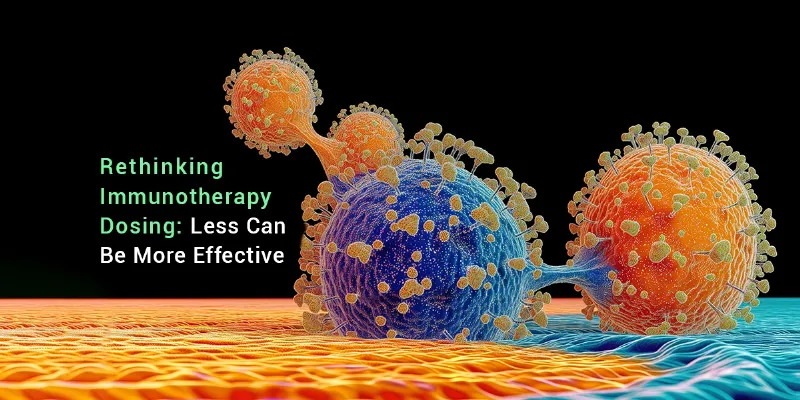
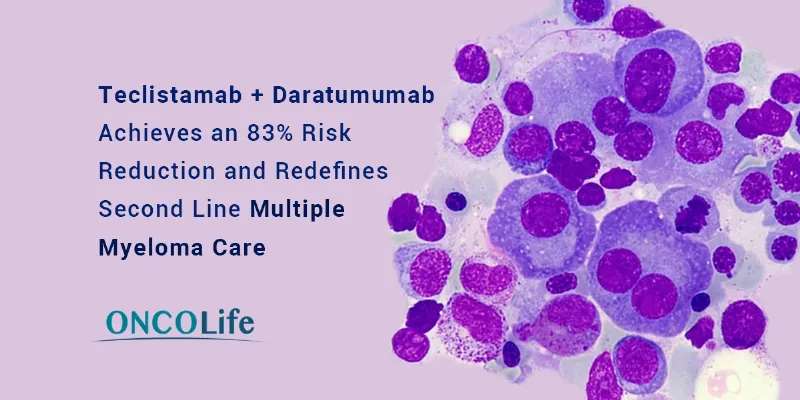
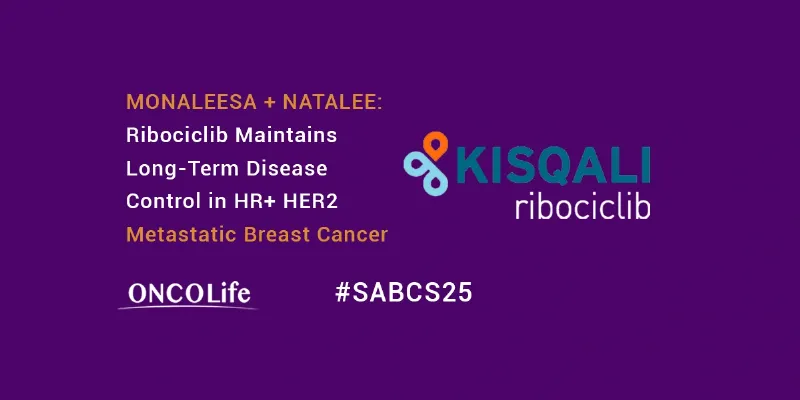
Comments
No Comments Yet!